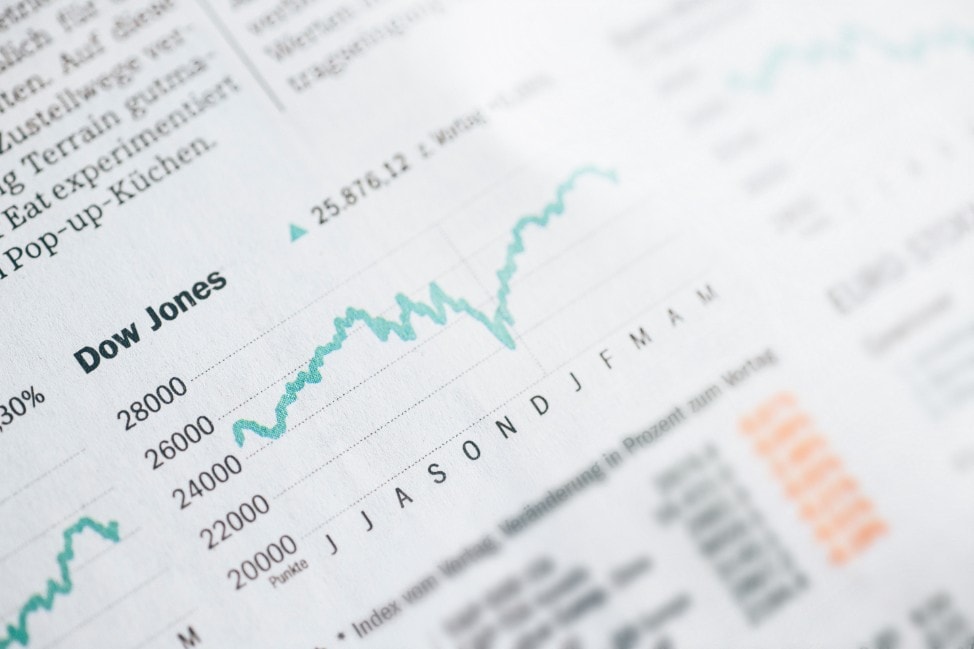
At Some Point Index Funds Will Underperform
Underperformance is a relative term. Compared to what? When times are good, we generally compare relative to market indexes (i.e. S&P 500). When times are bad, we like to compare to an absolute return strategy. If the market is down 20% and you are down “only” 18%, I doubt you are throwing around high fives and feeling giddy.
Underperformance is a Near Certainty
In this case, I am suggesting that the time will come that passive index funds will underperform active strategies. In fact, it is almost inevitable. So long as regression to the mean holds, it should be expected. Who knows when it will occur, but I would put its likelihood quite high.
I know, this may sound like blasphemy. Especially with the huge outperformance of passive to active strategies over the last several years. The recency and representativeness biases place a very low probability of such an occurrence. But the history of the markets says it’s very likely.
In 2018, John Bogle wrote an article for the WSJ in which he demonstrated concern for how large index funds are getting. His main premise was that there are too few index providers rather than the sheer amount of assets in index funds. To me, it was a reminder of the dangers of index funds (besides market risk). I am not suggesting that index funds are not wise investments – I still use them quite a bit. But, as with most “no brainer” investments, I believe people are not aware of the risks of underperformance of passive index funds.
How Index Funds Can Underperform
Most index funds, certainly the most prominent, are cap-weighted. That means that very few stocks can influence the return of the overall portfolio. Lately, the S&P 500 has been more like the S&P 5 (top stocks generating all the return). When those stocks are in favor, the market and index funds do great. But what happens when people get scared and want their money back? Or there is widespread rebalancing from stocks into bonds? Well, those large positions will need to get sold. This will put a lot of selling pressure on those stocks, which will decline more. And the index return is comprised mostly from those weighty positions.
An active manager can choose to own whatever he/she wants and, in any concentration, desired. Now, many active managers are “closet indexers” – they should go out of business right away. I am talking about real active management – where managers aren’t beholden to an index’s every move or a quarterly performance figure. Active management may offer greater diversification, and therefore the potential for outperformance when the stock market performs poorly. By avoiding those names that will experience a lot of selling pressure in a downturn, it provides active managers the potential to outperform.
Takeaway
The temptation to do what everyone else does is very strong. It is so easy to invest in the “no brainer” of the day. We tend to omit our due diligence and don’t understand the risks of investment when everyone else says it’s the thing to do. Index funds are that investment. And they are great investments. But every investment has pros/cons to it. For some it is cost, for others, it is tax efficiency and for index funds, it is the cap-weighted structure that may exacerbate both the good times and the bad times.
If you’re considering working with us here at Mosaic, we invite you to learn more about who we serve and how we help them. You can also contact us with any questions you have.
By Marcus E. Ortega, ChFC, RFC | Investment Advisor Representative | CEO of Mosaic Financial Associates & Orthopaedist Advisory Group | Securities and advisory services offered through Cetera Advisors LLC, Member FINRA/SIPC, a broker/dealer and a Registered Investment Advisor. Cetera is under separate ownership from any other named entity.
©2019 The Behavioral Finance Network. Used with Permission.







